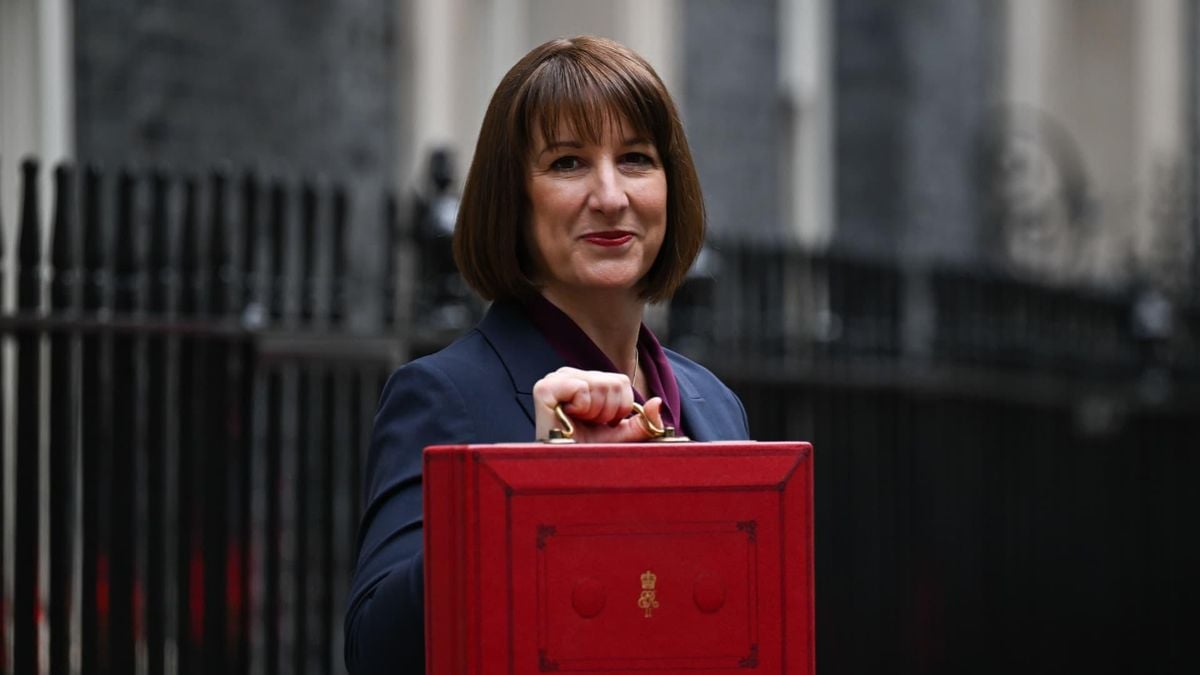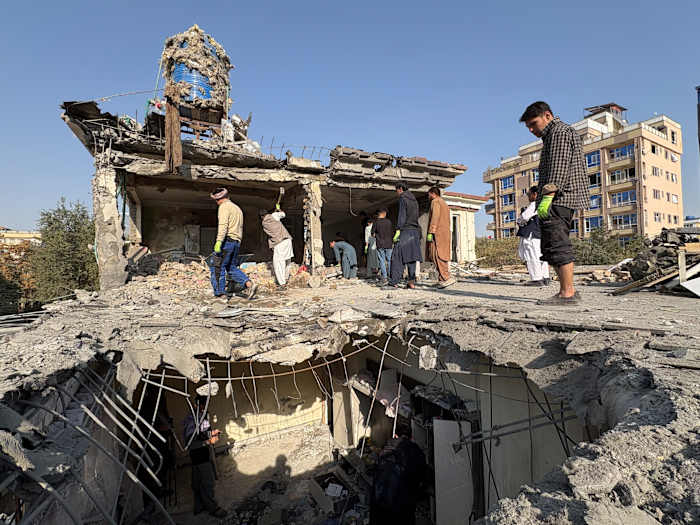Proposed local tax increases across the UK have stirred up discussions among residents and officials alike. These increases, ranging from small hikes to potentially larger jumps, reflect the pressure on local governments as they strive to balance budgets amid rising costs and declining revenues.
For example, Tarentum, Pennsylvania, has proposed raising property taxes by 9.1% for the 2025 budget. This plan aims to generate approximately $44,000 to support three volunteer fire companies, which have faced substantial financial pressures due to aging equipment and rising operational costs. Borough Manager Dwight Boddorf clarified, “This millage increase is to make sure they have the resources and equipment they need.” Under the new proposal, residents with median-valued properties would see their yearly taxes rise modestly, from $239 to $259, depending on property assessments.
Meanwhile, Denbighshire councillors are bracing for potential cuts to services and possible council tax hikes of up to 12% as budget discussions heat up. At a recent meeting, Cllr Gwyneth Ellis pointed out, “To balance our budget, we will have to reduce some services… and increase council tax.” With deficits forecasted between £12 million to £26 million, the council faces tough choices to manage its finances effectively over the upcoming years.
Another municipality weighing tax increases is Stratford, Ontario, where the draft 2025 budget proposes raising property taxes by 5.9%. If approved, this hike would add about $316 to the average homeowner’s tax bill, based on assessed property values. Despite the proposed increase, Stratford officials have stated there will be no cuts to city services—aiming to meet climate goals and improve community support services.
On the other hand, Labour’s recent 5% council tax increase has drawn criticism, with opponents branding it as hypocritical. Former opposition leader Sir Keir Starmer had previously pledged to freeze council taxes but now faces backlash as councils are allowed to raise their levies. Critics highlight the disparity between promises made and actions taken, questioning the legitimacy of Labour’s commitment to its constituents.
Back in Chicago, Mayor Brandon Johnson’s proposed $300 million property tax hike faced intense opposition and was swiftly rejected by the City Council. Aldermen, recognizing the burden on local families, emphasized the need for alternative revenue solutions without unduly increasing taxes. With the council united against the proposal, Johnson’s administration must explore other options to fill the budget gap without compromising city services.
These local tax proposals exemplify the broader challenges faced across various jurisdictions as municipalities strive to meet their budgetary needs amid rising costs and uncertain revenues. The upcoming fiscal year will require city leaders to navigate complex decisions and community expectations as they weigh the necessity of tax increases against the potential impact on residents’ financial wellbeing.
Give Feedback. How was this article?
You can help us improve by leaving feedback specific to
this content.
How would you rate the quality of this article?
Which of the following feelings did this article evoke in
you?
Multiple Selection
How easy was it for you to find the information you were
looking for in this article?
Super Hard😱
😎Super Easy
Artificial intelligence is increasingly used in content
creation. What percentage of this article do you estimate was generated by AI?
How can we improve this article (or our articles in
general)?
Do you have any other suggestions for improving our content
or
website?
Thanks for the feedback
Thank you for supporting us to improve ourselves with your
feedback.

